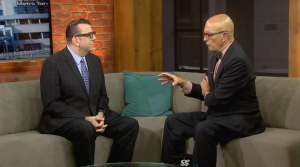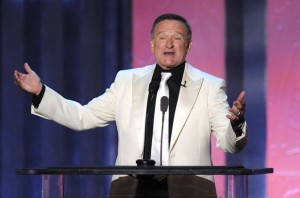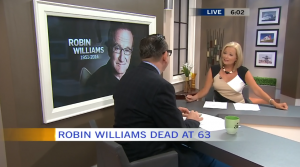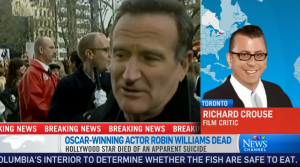Metro In Focus: How Jason Bourne made Matt Damon a bona fide movie star
 By Richard Crouse – Metro In Focus
By Richard Crouse – Metro In Focus
In the latest Jason Bourne movie, Matt Damon will punch, kick and spy master his way to the top of the box office charts.
His previous Bourne films, Identity, Supremacy and Ultimatum, were all hits commercially and critically.
Damon says he owes a great deal to the fictional character.
After the early success of Good Will Hunting, Saving Private Ryan and The Talented Mr. Ripley made him a star, a string of flops cooled his box office appeal.
“Right before The Bourne Identity came out,” he said, “I hadn’t been offered a movie in a year.”
Then his career was Bourne again.
“It’s incalculable how much these movies have helped my career,” he told The Telegraph. “Suddenly it put me on a short list of people who could get movies made.”
In the spirit of “one for them, one for me” for every film like The Martian or the new Jason Bourne, Damon has attached himself to smaller, riskier projects.
He lent his star power to The Good Shepherd, a low budget film directed by Robert De Niro. It’s a spy movie without the bells and whistles we’ve come to expect from our favorite undercover operatives.
There are no elaborate chase scenes a la James Bond or even the great scenery of the Bourne flicks.
In fact, the only thing The Good Sheperd shares with any of those movies is Damon, who plays Edward Wilson, one of the (fictional) founders of the CIA.
Despite mixed to good reviews — USA Today gave the film three out of four stars—and winning the Silver Bear of the prestigious Berlin International Film Festival, the movie barely earned back its production costs at the box office.
Ninety per cent of director Steven Soderbergh’s job on The Informant! was casting this mostly true tale of a highly paid executive-turned-whistleblower who helped uncover a price fixing policy that landed several executives (including himself) in jail.
It’s a tricky balancing act to find an actor who can keep the audience on-board through a tale of corporate malfeasance and personal greed, who can be likeable but is actually a liar and a thief, but Damon is the guy.
The Informant! skewed a tad too far into art house territory to be Soderbergh’s new Erin Brockovich-sized hit, but Damon’s presence kept the story of accounting, paperwork and avarice interesting. Reviews were kind but A Serious Man and The Twilight Saga: New Moon buried the film on its opening weekend.
Damon teamed with John Krasinski to produce and co-write Promised Land, a David and Goliath story that relied on the charm and likability of its cast to sell the idea that fracking is bad and the corporations who dupe cash-strapped farmers into leasing their land are evil.
It’s hard to make talk of water table pollution dramatic but Promised Land makes an attempt by giving much of the heavy lifting to Damon.
Done in by middling reviews and “sobering” box office receipts, this earnest and well-meaning movie might have been better served in documentary form.
With an Oscar on his shelf and more than 70 films on his resume Damon is philosophical about the kinds of films he chooses to make, big or small.
“If people go to those movies, then yes, that’s true, big-time success,” he says.
“If not, it’s much ado about nothing.”







